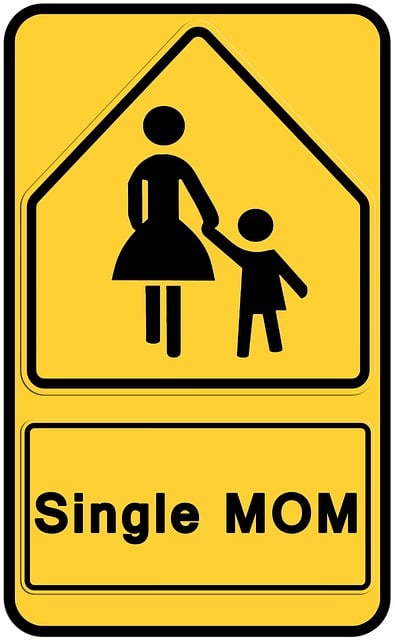Responsible gambling is a crucial practice that empowers individuals to enjoy gaming while mitigating risks. By understanding personal risk tolerance, managing finances wisely, and recognizing psychological triggers, players can maintain a healthy relationship with games. Gambling awareness education through workshops, tools, and community programs plays a vital role in promoting responsible gambling, preventing problem gambling, preserving financial stability, and enhancing healthier relationships. Fostering a culture of responsible gaming involves setting clear boundaries, using platform tools, and encouraging open conversations.
Gambling can be a source of entertainment, but it’s crucial to understand responsible gambling practices. This article explores key aspects of responsible gaming, focusing on awareness education and healthy habits. We delve into strategies that promote balanced interactions with gambling, aiming to mitigate risks and foster positive outcomes. By understanding the impact of our bets, we can make informed decisions, ensuring a safer and more enjoyable experience. Let’s navigate the world of responsible gambling together.
- Understanding Responsible Gambling Practices
- The Impact of Gambling Awareness Education
- Strategies for Promoting Healthy Gaming Habits
Understanding Responsible Gambling Practices

Responsible gambling is a crucial aspect that every player should understand and embrace. It refers to the practice of playing games with an awareness of potential risks and impacts, ensuring that gaming remains an enjoyable pastime rather than a source of harm. By adopting responsible gambling practices, individuals can control their spending, set limits, and recognize when it’s time to step away from the tables or machines.
This mindset involves learning about personal risk tolerance, managing finances effectively, and being aware of common psychological pitfalls associated with gambling. It encourages players to prioritize their well-being, set realistic goals, and engage in gaming activities as a form of entertainment rather than a means of escaping life’s challenges.
The Impact of Gambling Awareness Education

Gambling awareness education plays a pivotal role in promoting responsible gambling practices. By providing individuals with comprehensive knowledge about the potential risks and rewards associated with gaming, these educational initiatives empower people to make informed decisions. Through workshops, online resources, and community programs, individuals learn about the signs of problem gambling, self-control techniques, and available support systems. This awareness fosters a culture of responsible gaming, where participants understand their limits and know when to walk away.
Moreover, gambling awareness education goes beyond individual benefits. It contributes to broader societal well-being by reducing the negative impacts of excessive gambling. By equipping individuals with tools to manage their behavior, these programs can help prevent problem gambling, mitigate financial losses, and promote healthier relationships. Ultimately, responsible gambling is a collective effort that requires ongoing dialogue, education, and access to support services.
Strategies for Promoting Healthy Gaming Habits

Promoting healthy gaming habits starts with fostering a culture of responsible gambling. Education plays a pivotal role; raising awareness about the potential risks and benefits associated with gambling is essential. This includes teaching individuals to recognize signs of problem gambling early on, such as excessive time spent gaming or chasing losses. By integrating discussions around responsible gambling into schools, communities, and recreational settings, we can empower people to make informed decisions.
Additionally, setting clear boundaries and limits is crucial. Gamers should establish personal rules regarding time spent gambling, budget allocations, and the types of games played. Utilizing tools provided by online platforms, like deposit limits and session timers, can also aid in practicing responsible gaming. Encouraging open conversations about gambling habits and their impact on daily life will further contribute to creating a healthier gaming environment.
Gambling awareness is a vital component in promoting responsible gambling practices. By understanding the potential impacts and implementing educational strategies, we can foster healthier gaming habits. It’s essential to remember that while gambling can be enjoyable, it should always be approached with caution and responsibility. Through continued education and accessible resources, we can ensure that individuals make informed choices and maintain a balanced relationship with gaming.






